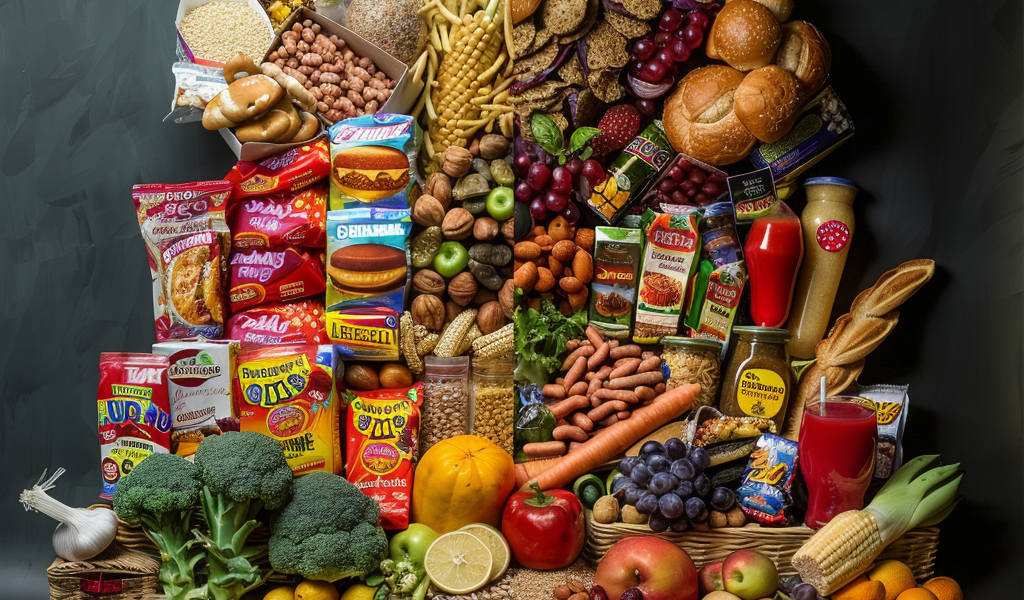In recent discussions surrounding obesity and dietary habits, ultra-processed foods (UPFs) have emerged as a focal point of concern. These foods, often characterized by their high levels of processing and artificial ingredients, have been increasingly linked to unhealthy eating patterns. However, experts suggest that the conversation around food addiction may need to expand beyond just UPFs.
In a notable statement, Robert Califf, the commissioner of the Food and Drug Administration (FDA), expressed his strong views on the addictive nature of ultra-processed foods. During a recent webinar, Califf articulated, “I am personally convinced that there’s a significant part of ultra-processing which creates addictive behavior.” His remarks have sparked a renewed debate on the role that various types of food play in our eating habits.
The term ‘addictive’ is often used to describe foods that we find difficult to resist, particularly those that are ultra-processed. These foods typically contain high levels of sugar, salt, and unhealthy fats, which can trigger pleasure centers in the brain, leading to cravings and overconsumption. However, the conversation about addiction in food consumption is complex and multifaceted.
While ultra-processed foods are a significant concern, they are not the sole contributors to unhealthy eating behaviors. Many naturally occurring foods can also lead to compulsive eating patterns. For instance, foods high in sugar, such as fruits in excess, can lead to similar cravings and overeating. Additionally, the context in which food is consumed—such as emotional states, social settings, and environmental factors—plays a crucial role in our eating behaviors.
Research has shown that food environments can significantly influence dietary choices. For example, areas with limited access to fresh produce and healthy foods often see higher rates of obesity and related health issues. In contrast, communities with abundant access to healthy food options tend to have better overall health outcomes. This highlights the importance of considering the broader context of food access and availability when discussing food addiction and obesity.
Moreover, the concept of food addiction itself is still a subject of ongoing research. Some experts argue that labeling certain foods as addictive may oversimplify the issue, potentially leading to stigmatization of specific food groups and further complicating our relationship with food. Instead, a more nuanced understanding of how various foods affect our behavior and health is necessary.
Nutrition education and awareness are vital components in addressing the challenges of food addiction and obesity. By promoting a balanced diet and encouraging mindful eating practices, individuals can develop a healthier relationship with food. This includes understanding hunger cues, recognizing emotional triggers for eating, and making informed choices about food consumption.
Additionally, public health initiatives aimed at improving access to healthy foods in underserved communities can help combat the prevalence of obesity and related health issues. Policies that support local farmers’ markets, community gardens, and nutrition assistance programs can make a significant difference in the availability of healthy food options.
As discussions around food addiction continue to evolve, it is essential to consider the multifaceted nature of dietary habits. While ultra-processed foods certainly play a role in unhealthy eating patterns, understanding the broader context of food consumption, access, and individual behavior is crucial in addressing the obesity epidemic.
In conclusion, the conversation about food addiction and obesity is complex and requires a comprehensive approach. By looking beyond ultra-processed foods and considering the various factors that influence our eating behaviors, we can work towards more effective solutions for promoting healthier lifestyles.





